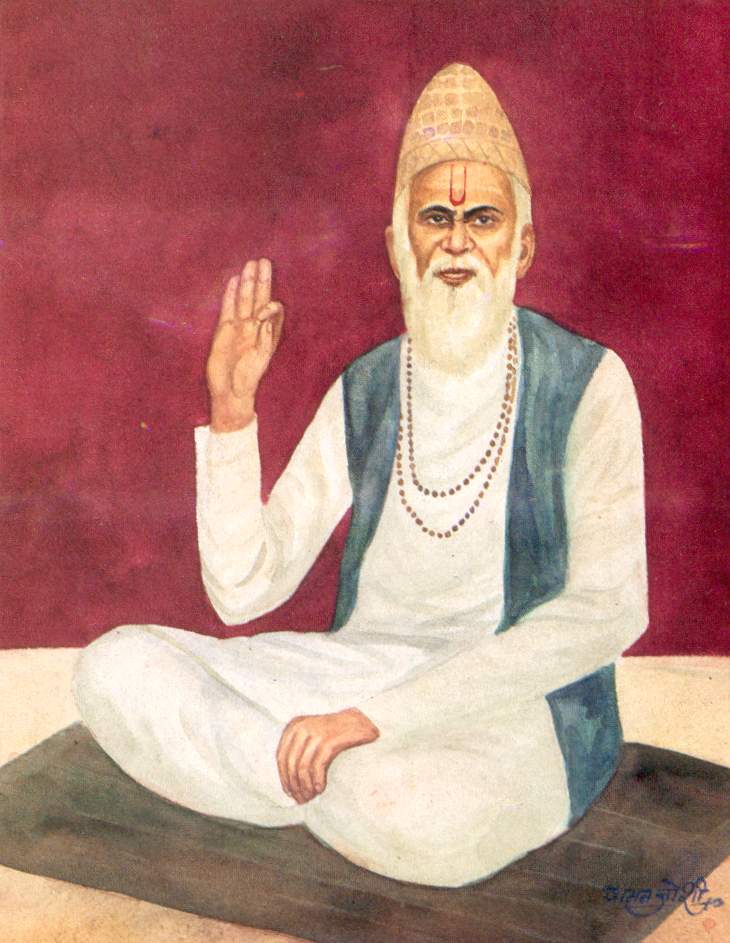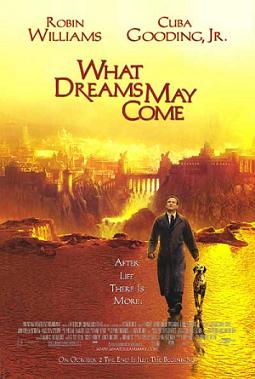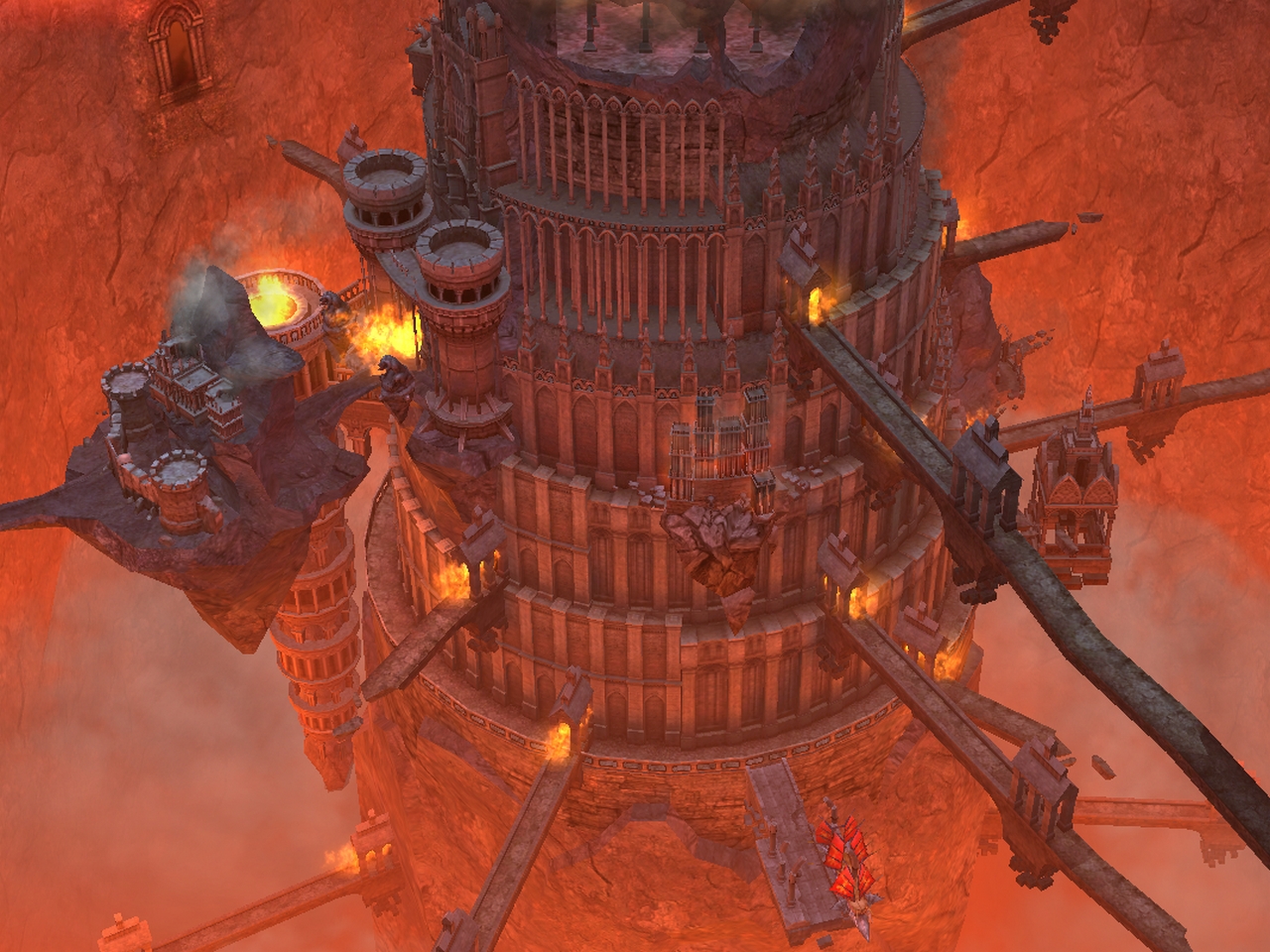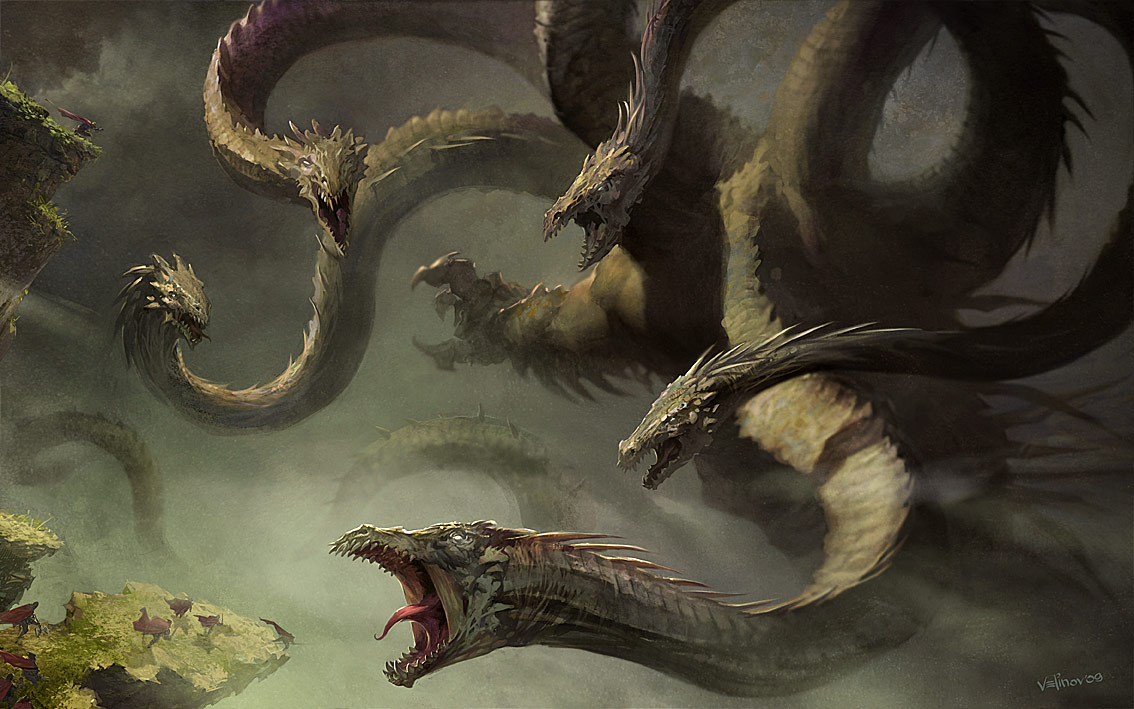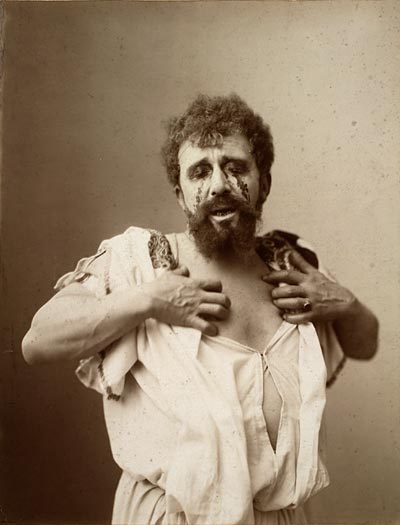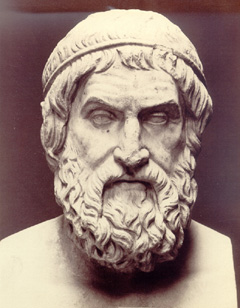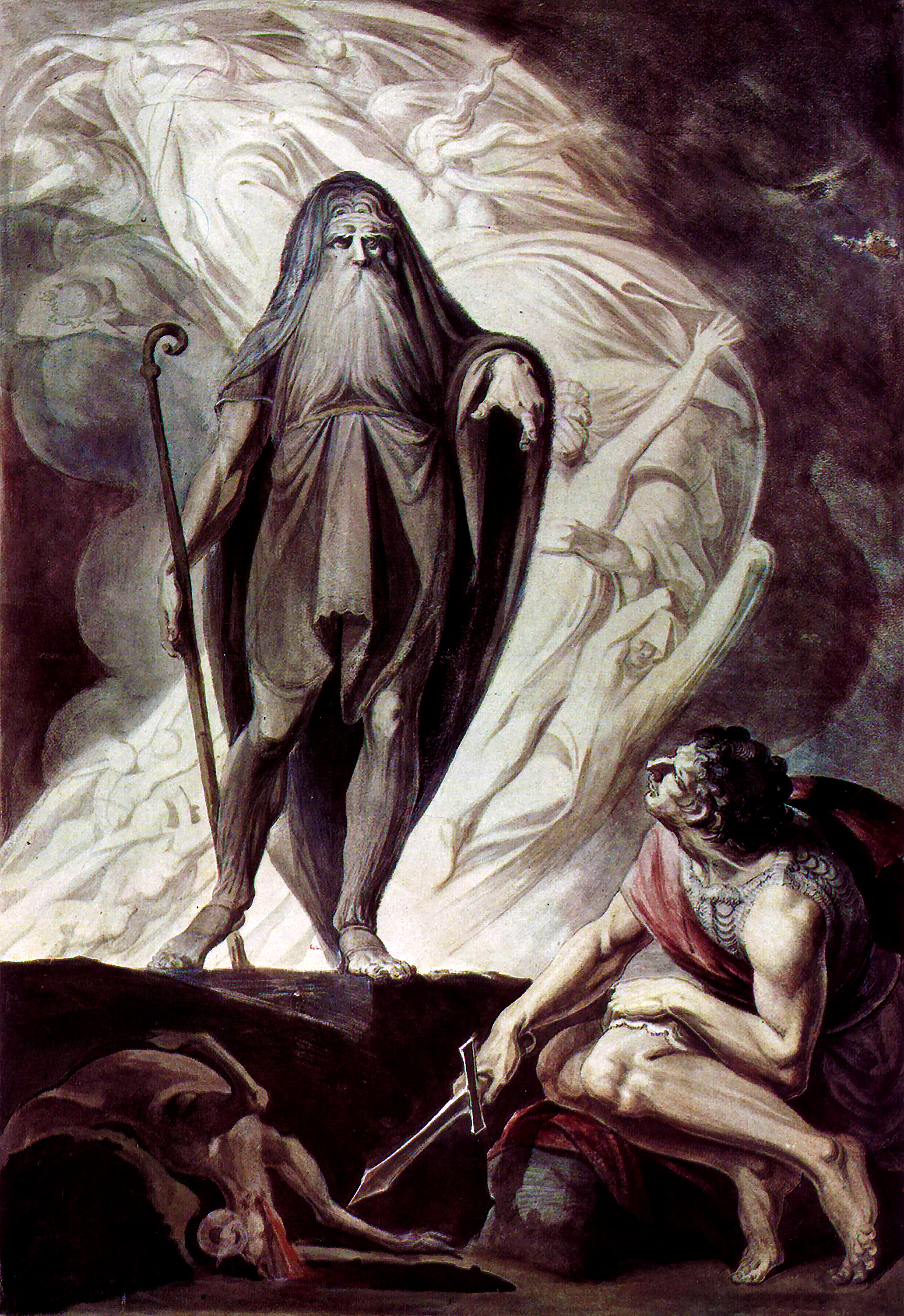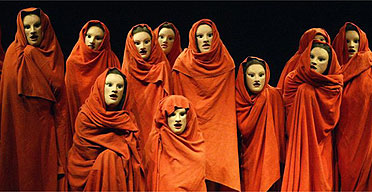Carpe frickin Diem.
Words you hear over and over again, words that have been put into many
different forms over the ages. Carpe Diem, live in the moment, live for now, man lept nur einmal!, stop and smell the
roses, you only live once. But they all mean the same thing; the only time you
possess is now. The only thing you can control is now. Today is a blank canvas
in front of you, the future is a blank canvas in another room, paint on the
canvas in front of you. It has often been said that even the best-laid plans go
awry, and that is because one cant entirely depend on planning, we must live in
each and every moment. We cannot affect what happens in the future, we can only
affect what happens, when it happens. We must find our salvation now, in this
life, because we cannot find salvation in waiting for it to come in the future.
If you plan to eat a chocolate cake tomorrow, why not eat it today? It still
has as many calories, it is still incredibly awesome, you still experience the
same amount of Euphoria in eating
that cake. If you can find god now, why wait until you die to find the answer
to The Great Question, why wait until
you die to experience the embrace of enlightenment.
Kabir,
an old Indian mystic, a man who lived long before Drake, wrote (or rather
spoke, he was illiterate) a poem on this. Friend,
Hope for The Guest While You Are Alive is about finding salvation before
death. That you cannot find salvation in death, you find it in living, in being
alive. And he also says that you cannot control the future, that the only thing
you control is now. Surprisingly enough, Master Oogway in Kung Fu Panda teaches this same lesson to us. “look at this tree Shifu, I cannot make it blossom when it suits
me nor make it bear fruit before its time [but I can control when the fruit
will fall, where the seed will be planted] yes, but no matter what you do, that
seed will grow into a peach tree, you may wish for an apple or an orange, but
you will still get a peach”(Aibel/Berger). You can only alter things when they
are upon you. You can determine when the peach will fall, when it falls. You
can control where and when the seed is set, but that all would have happened
eventually. Yes you may control ‘when’ things happen, but that is not altering
the fate of things. You can control ‘when’ you attain enlightenment. So why not
sooner rather than later? The Buddha didn’t plan to attain enlightenment; he
made it happen.
Kabir
says that just because you are dead, does not mean you will achieve salvation- ‘the
idea that the body will join the ecstatic/ just because the body is rotten-/ that is all just a fantasy"(Kabir 9-11)
When he says 'the ecstatic' he means finding "The Guest". The Guest could be anything, it could be God, it could be a diety of your understanding, it could be happiness, it could be enlightenment. Everyone has a Guest, except maybe nihilists, because they aren't looking for anything or striving. Many will not find The Guest in their lives, they will live a life of mediocre bliss, just subsisting on their daily occasional entertainment. Those people will end up with "an apartment in the valley of death"- kabir, they will not reach the place of eternal enlightenment. They will live mediocre forever, because that is what they did in life, so they will continue in death. If one finds The Guest in life, they will live in the afterlife eternally knowing that they have fulfilled their one goal on this earth.
In the process of scrutinizing over every aspect of this
poem, I have found that it is much easier to
understand a piece of work with
extra information. It is good to research the author first, to find out
their
religious beliefs, activities, lifestyle, childhood. This way, you can relate
their experiences and
such to the way that they write and the interpretations
of lines in accordance with their faith. It is also a
good idea to interview
someone else whilst analyzing the poem. They might think of it differently than
you do. They might offer a totally new spectrum of thought on a topic you had
already closed. My dad
(whom i interviewed) offered to me a look into his brain and the way it works and showed me his side
of things, and I am grateful for this. He gave me the idea of maybe the poem being pantheistic, that god
is all around us in the world.
is all around us in the world.
This poem has taught me a lot. it teaches me that god is in and around us, he can be found simply
by looking around, right now, in this moment. And that we shouldn't try to control time, but control
what happens now. "if you make love with the divine now, in the next life / you will have the face of
satisfied desire"(Kabir 16-17) So live in the moment, live for now, you only live once, you have but
one life to give for your salvation.
Tomorrow is a mystery, yesterday is history, but today is a gift, thats why it is called the present
